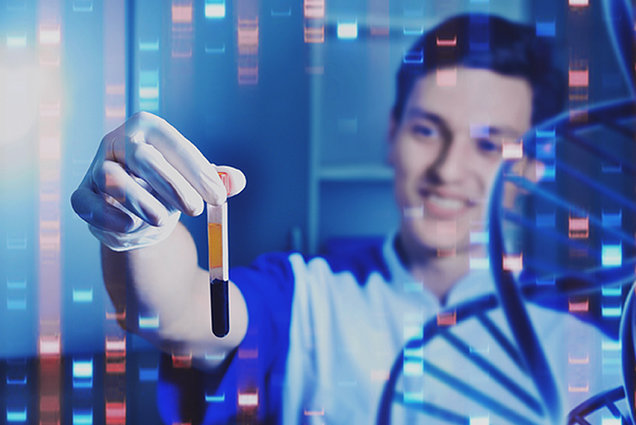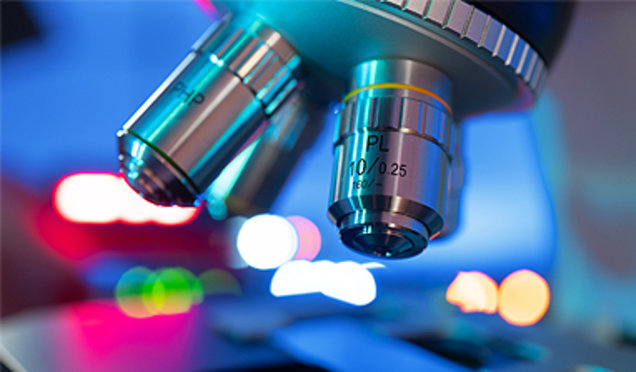BLOOD BIOBANK
Modern diagnostic procedures increasingly indicate that specific changes in molecular and genetic structures lead to widely varying probabilities regarding the effectiveness of previously established therapeutic agents in patients with a phenotypically identical underlying disease. In the course of tumor treatment, mutated tumor clones may occur that differ from the genotype of the primary tumor or existing metastases and prove resistant to promising drug-based treatments. However, tumor biopsies are not always possible or can only be obtained with significant effort and invasive surgery. The detection of circulating tumor DNA in peripheral blood offers an innovative alternative for research that is less stressful for the patient.

Since 2016, Onkotrakt AG has worked together with a global oncology research company on the development of a blood biobank. The aim of the project is to improve knowledge of the molecular basis of oncological diseases and to gain a better causal understanding of predisposition to disease and of the reaction of patient cohorts to an active substance.

In the course of the treatment, plasma specimens (liquid biopsies) are taken from cancer patients at defined intervals. The isolation of circulating tumor DNA (ctDNA) from plasma specimens taken before and after the treatment makes it possible to identify biomarkers or detect early drug resistance and allows a better understanding of how the drug works.
The blood specimens are supplemented by extensive clinical data on a large number of cancer entities and a wide variety of oncological therapies, treatment histories, past diagnostic procedures, and anamnesis data.
The findings gained are to be used to develop safer and more effective drug-based therapies as well as to obtain targets for implementing new drug-based treatment options for tumors that were previously incurable or barely treatable.

